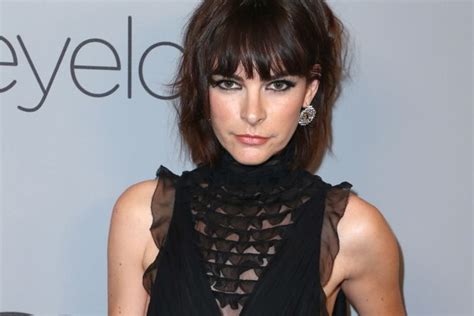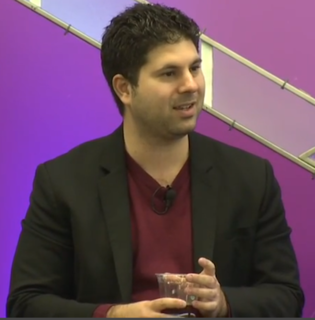A Quote by Jasper Fforde
After all, reading is arguably a far more creative and imaginative process than writing; when the reader creates emotion in their head, or the colors of the sky during the setting sun, or the smell of a warm summer's breeze on their face, they should reserve as much praise for themselves as they do for the writer - perhaps more.
Related Quotes
Reading, I had learned, was as creative a process as writing, sometimes more so. When we read of the dying rays of the setting sun or the boom and swish of the incoming tide, we should reserve as much praise for ourselves as for the author. After all, the reader is doing all the work - the writer might have died long ago.
The effects of MFA programs, and the rise of creative writing instruction more generally, are far more diffuse than people think. Even if you're a writer who has avoided institutions your whole life, you're still going to be reading a lot of writers who have MFAs, and are affiliated with universities.
It's insane to be a writer and not be a reader. When I'm writing I'm more likely to be reading four or five books at once, just in bits and pieces rather than subjecting myself to a really brilliant book and thinking, "Well what's the point of me writing anything?" I'm more likely to read a book through when I take a break from writing.
The writer trusts nothing she writes-it should be too reckless and alive for that, it should be beautiful and menacing and slightly out of control. . . . Good writing . . . explodes in the reader's face. Whenever the writer writes, it's always three or four or five o'clock in the morning in her head.
Because I think of novels as collaborative enterprises between the writer and the reader, all of my novels so far have ending with endings that maybe point in more than one direction, and that seems important to me because it seems important to me that after you've invested twenty or thirty hours of your imaginative life into this narrative that you have some stake in how it ends.
Do you have doubts about life? Are you unsure if it's worth the trouble? Look at the sky: that is for you. Look at each person's face as you pass on the street: those faces are for you. And the street itself, and the ground under the street and the ball of fire underneath the ground: all these things are for you. They are as much for you as they are for other people. Remember this when you wake up in the morning and think you have nothing. Stand up and face the east. Now praise the sky and praise the light within each person under the sky. It's okay to be unsure. But praise, praise, praise.
It is a bit more challenging for the simple fact that now the stories I am writing are relying more on my imagination than on facts, more on research than on memory; so it is basically a slower writing process, more reading, more exploring. On the other hand, this approach is a little bit relieving too, since many times while writing [How the Soldieer Repairs the Gramophone] I felt too close and equal to my character.
The narrative image has more dimensions than the painted image - literature is more complex than painting. Initially, this complexity represents a disadvantage, because the reader has to concentrate much more than when they're looking at a canvas. It gives the author, on the other hand, the opportunity to feel like a creator: they can offer their readers a world in which there's room for everyone, as every reader has their own reading and vision.
I don't think that writing, real writing, has much to do with affirming belief--if anything it causes rifts and gaps in belief which make belief more complex and more textured, more real. Good writing unsettles, destroys both the author and the reader. From my perspective, there always has to be a tension between the writer and the monolithic elements of the culture, such as religion.






































